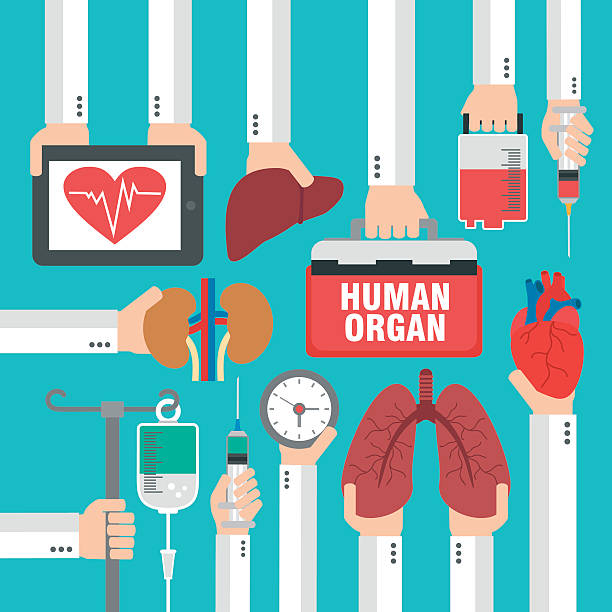Since the first successful organ transplantation in history - the kidney in 1954, this branch of medicine has progressed so much that the recent wounded soldier had a penis and scrotum transplanted to a wounded soldier.
A Frenchman became the first person to be the first person to be crossed over for the second time, because the first transplant was unsuccessful, and the other one entered history, thanks to a sample given by the twin brother.
Transplantation is no longer limited to vital organs: the heart, the liver or the lungs. People can now get a new fist or even a womb. But some organs can not be touched. For now.
The top of this list is the brain. The reasons are both technical and ethical, experts say.
"Everything that has to do with the nervous system is the most difficult to transplant because we do not have effective techniques for nerve regeneration," explained David Nasrall, a transplant surgeon at Oxford University.
"That's why brain and eye transplants are out of the reach of modern medicine now," he said.
There are "surgeons" who supposedly plan to head over, but these more serious ones say that the patient, in all likelihood, would die. Many doubt that it is possible at all to connect the nerve tissue to the two spinal cords.
Above all, the transplantation of the brain raises disturbing moral questions, including fundamental: What makes a person? Just a brain?
Such a patient would probably have fought the concept of "human identity," according to a recently published article in the journal Surgical Neurology International.
"Even recollection of the role of the former body in the creation of a patient's identity was in a possible conflict with the new, donated body," wrote biologists Anto Kartlovski and Antonio Spanjolo.
Similar issues have already been seen in cases of face and hand transplants.
"This psychological confusion of some people can lead to serious mental problems, and even literal madness," they added.
Given that donated organs are never enough, the use of animal heart, lung, or liver to save human lives is sacred in medical science. But on the way stubbornly stands rejecting organs of other species.
"Xenotransplantations of the fifties and sixties, with kidney chimpanzees, were tried, for example, but the organs were discarded within a few days. At that time, scientists could not break through that barrier, to transplant organs from one species to another," says Olivier Bastian from the French biomedical agency.
This is slowly changing because scientists understand how to modify genes that encourage the immune system to attack the "intruders" who are experiencing a threat.
Now, research focuses on the modification of the animal donor genes to resist their reactions to the human immune system, but at the same time they must prevent the transmission of animal diseases. The welfare of animals should also be kept in mind.
"To what extent should we undermine the animal's immune system, we potentially expose them to illness and suffering, only to be able to pick up their organs," Bastien asks.
Are there any restrictions?
Experts still have few organs that are technically impossible to transplant. Two have been excluded for ethical reasons - testicles and ovaries.
For example, if a recipient with new testicles becomes fertile, whose children, his or her children are? The same question would be in case of a brain transplant in another male body.
An article published last year in the journal "Journal of Medical Ethics" calls for a review of the benefit-and-damage relationship in organ transplants that are not necessary for saving lives.
"The highest risk for organ recipients comes from powerful but harmful drugs - immunosuppressants that are necessary for the transplanted organs to be discarded," scientists Atur Kaplan and Duncan Purve wrote.
Immunosuppressants have a long list of side effects, including possible cancers, but this is acceptable when it comes to heart or lung transplantation. Not so much for a new face, hand or genitalia.
"The transition from transplantation as a way of saving lives by the way of life enhancement requires a change in ethical thinking that has long been the foundation of transplant medicine," they concluded.
